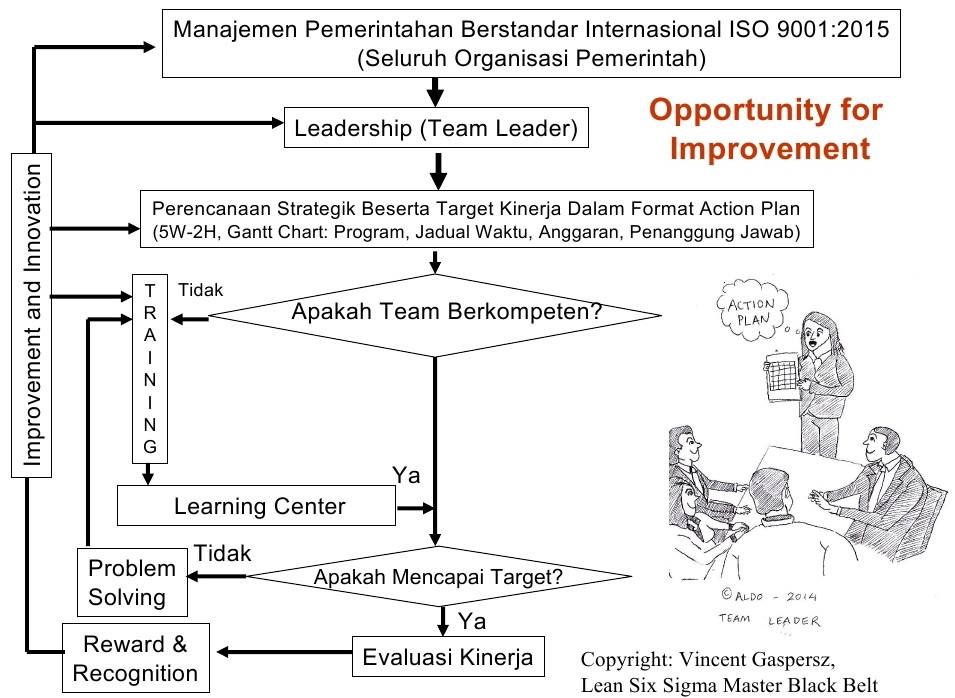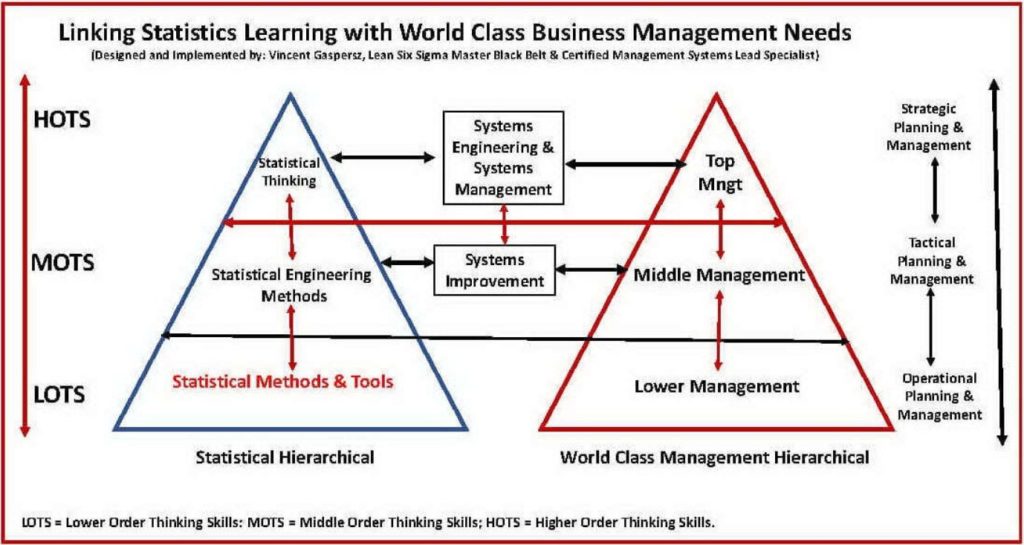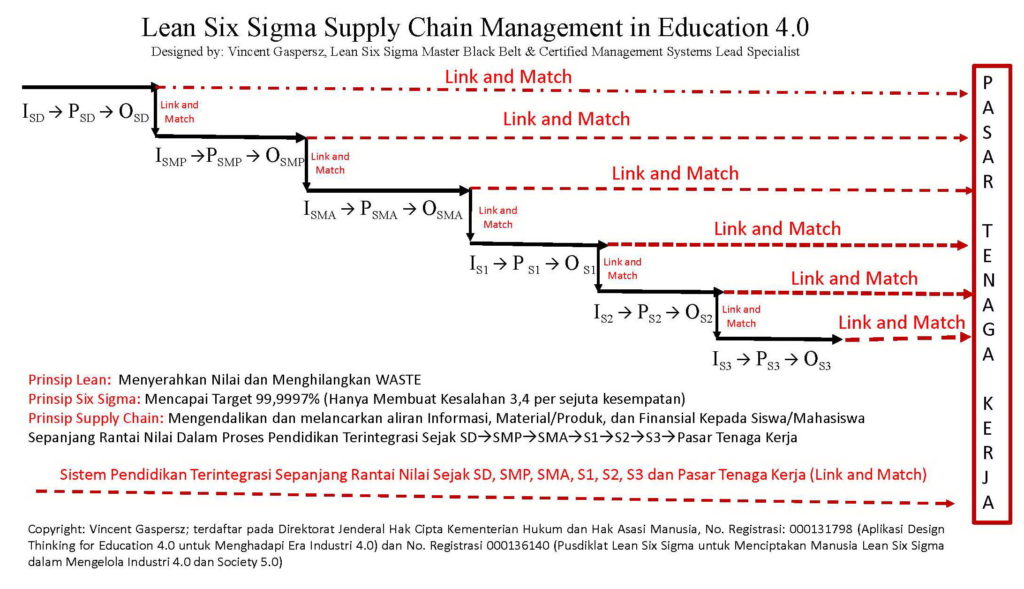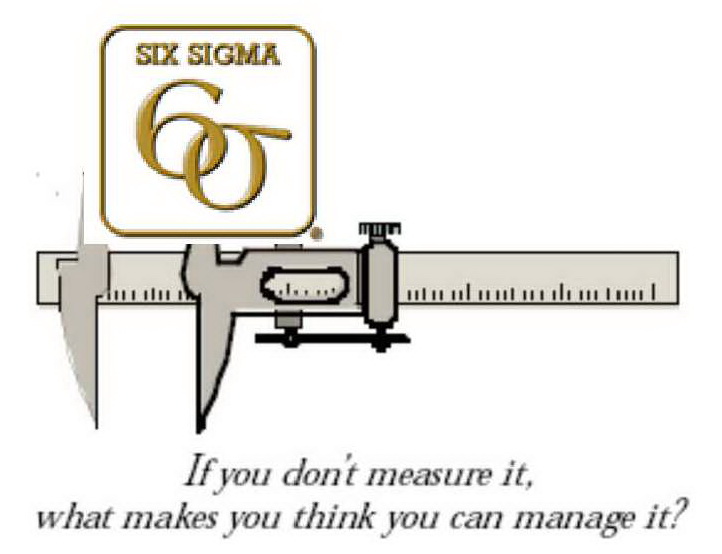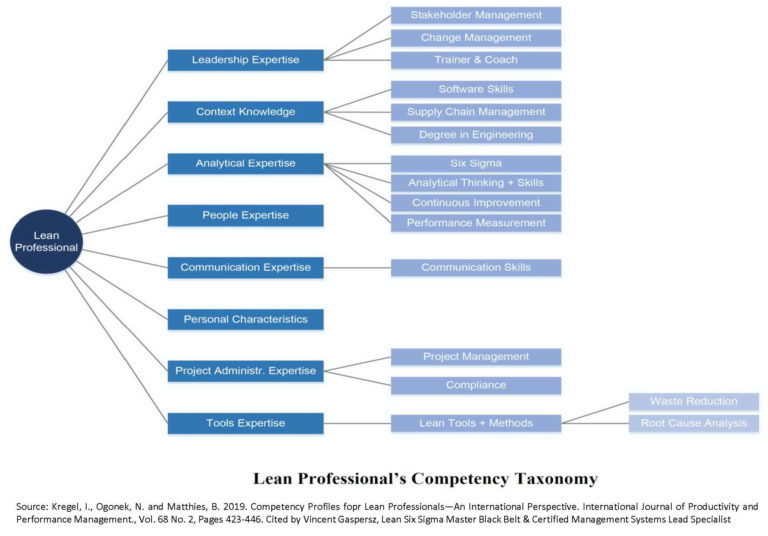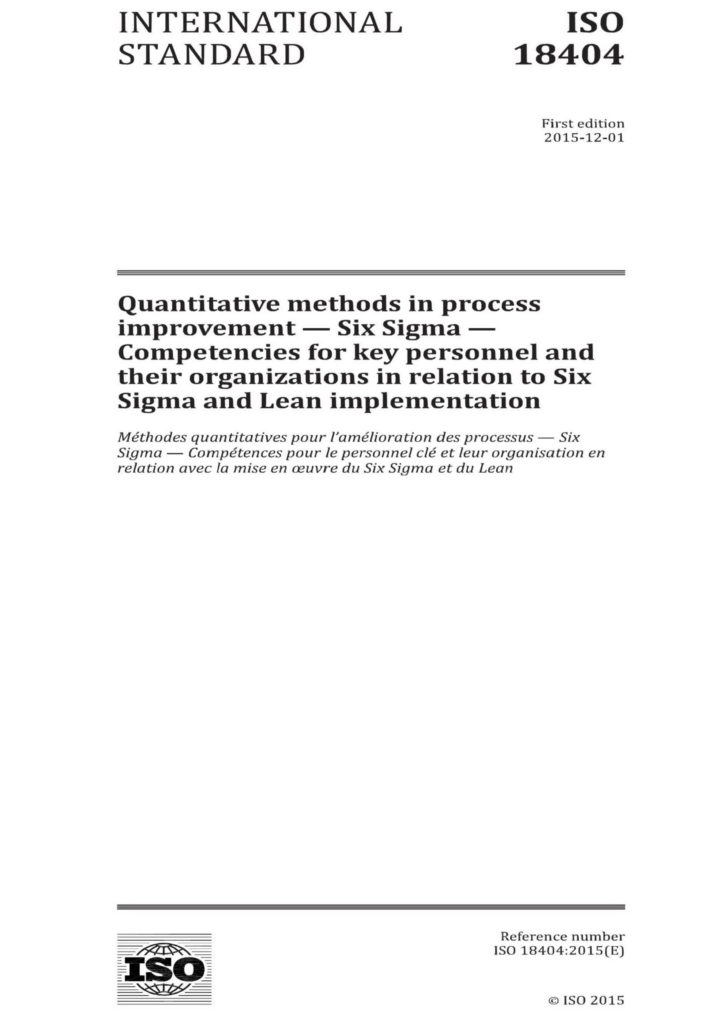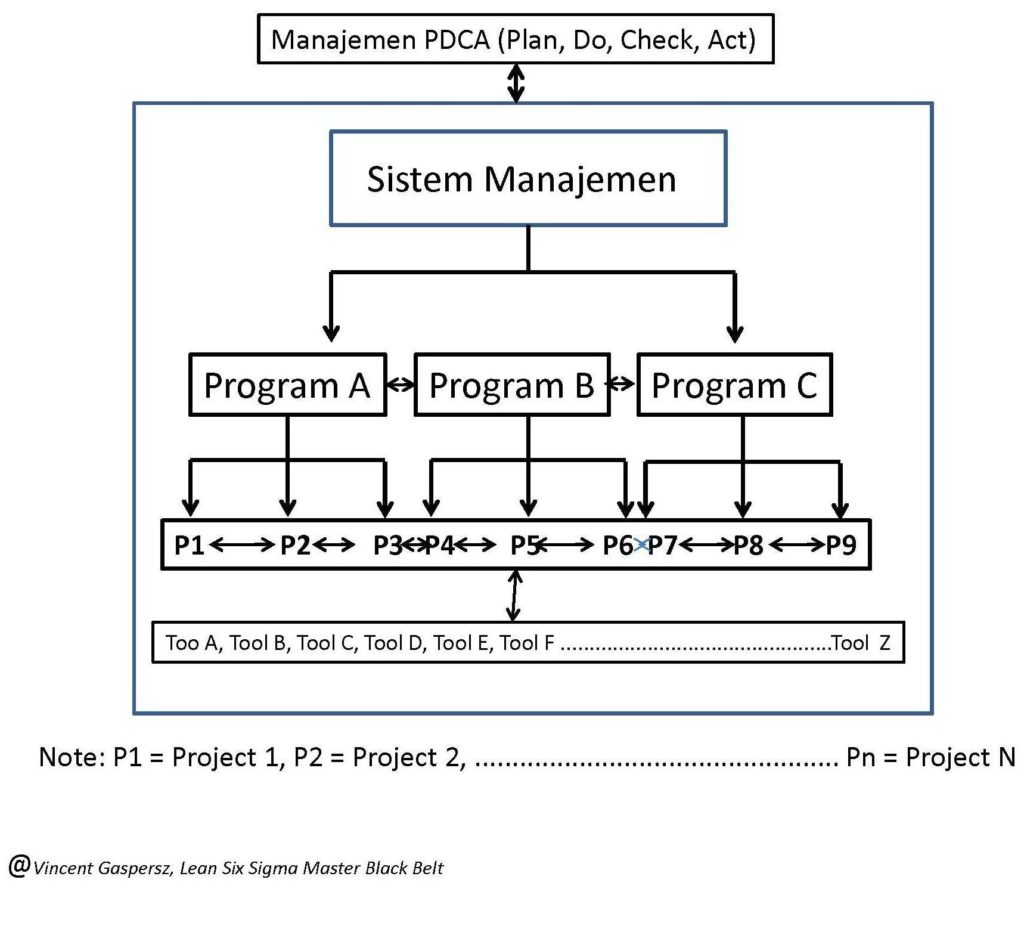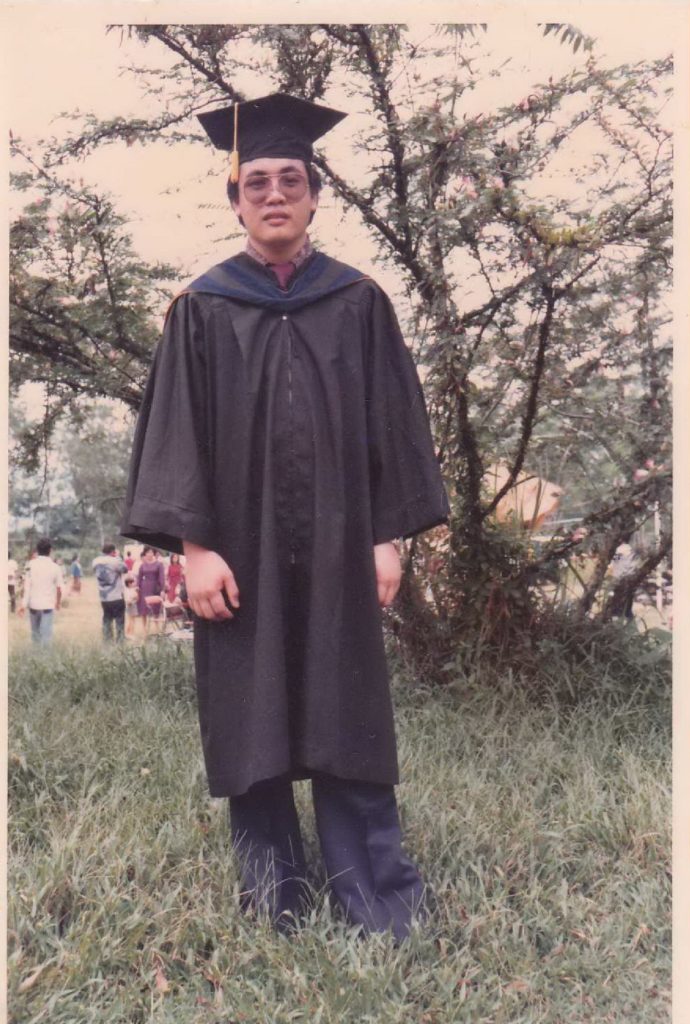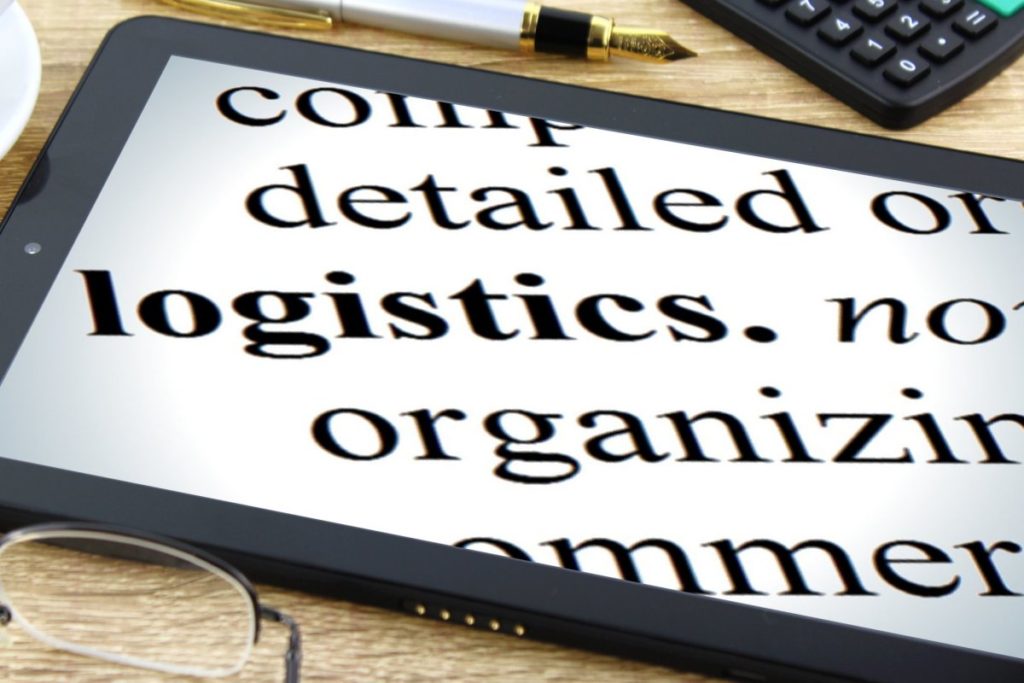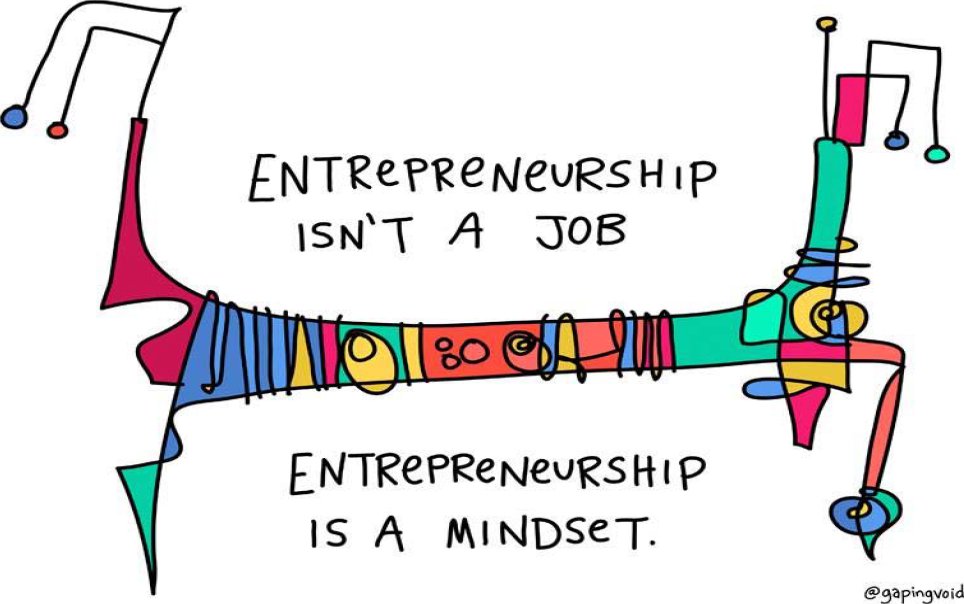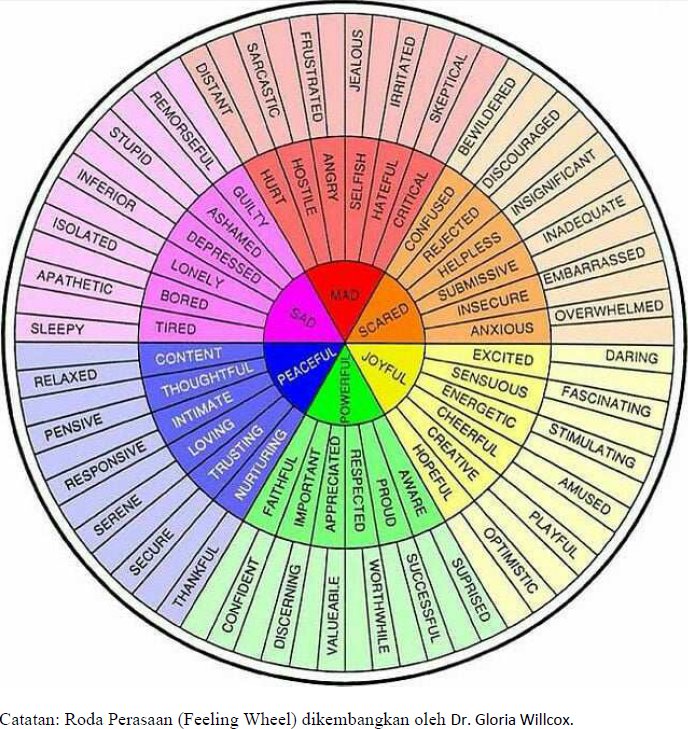-
Bahasa Indonesia
-
English
Sambungan dari tulisan sebelumnya (Seri: 3)
Belajar Implementasi Pasal 33 UUD 1945 dari Korea Selatan
Tulisan pada seri ini (seri: 4-terakhir) akan membahas strategi implementasi Pasal 33 UUD 1945 menggunakan Kasus Korea Selatan yang secara konsisten dan tegas telah menerapkan Pasal 33 UUD 1945 itu, sedangkan Indonesia BELUM menerapkannya karena masih berwacana teruuuuss!
Para pendiri Negara Indonesia (Founding Fathers) TELAH MEYAKINI, jika bangsa Indonesia ingin MAJU dan BERKEMBANG PESAT, maka sistem perekonomian Indonesia HARUS menerapkan Pasal 33 UUD 1945. Namun sayang generasi penerusnya dimulai dari mantan presiden Soeharto dan presiden-presiden sesudahnya sampai tahun 2014 TIDAK KONSISTEN dan KONSEKUEN untuk menerapkan Pasal 33 UUD 1945 itu. Apakah Presiden 2014-2019 akan menerapkannya secara KONSISTEN dan KONSEKUEN? Hanya Tuhan (Allah SWT) dan Presiden TERPILIH pada 9 Juli 2014 yang TAHU! Wallahualam bissawab.
Prof. Dr. Sumitro Djojohadikusumo adalah orang yang KONSISTEN dan TAAT pada UUD 1945, sehingga semasa hidupnya beliau terus-menerus MEYAKINKAN kepada semua orang bahwa Pasal 33 UUD 1945 HARUS diterapkan secara KONSISTEN dan KONSEKUEN bersama dengan strategi industrialisasi berorientasi ekspor. Meskipun “Anjing Menggonggong, Kafilah Tetap Berlalu”, penulis TETAP KONSISTEN dan KONSEKUEN ikut meneruskan GAGASAN Prof. Dr. Sumitro Djojohadikusumo (Alm) itu. Meskipun Korea Selatan TIDAK MEMILIKI UUD 1945, namun negara itu TELAH BERHASIL menerapkannya sejak 1950-an selepas kemerdekaannya dari Jepang. Langkah pertama yang dilakukan selama 1950-an adalah melakukan “Land Reform” secara besar-besaran, kemudian mendirikan koperasi pertanian pada tahun 1961.
Jika mendengar kata koperasi di Korea Selatan, jangan membayangkan seperti koperasi di Indonesia yang juga selalu menghadapi masalah Mis-Management dan KETIDAK-PERCAYAAN dari anggota-anggota koperasi, karena para pengurus koperasi yang tidak profesional.
Koperasi pertanian di Korea Selatan bernama National Agricultural Cooperative Federation (NACF) didirikan untuk mendukung pembangunan ekonomi dan industri Korea Selatan. Informasi tentang NACF dapat dilihat dalam website berikut:
- http://en.wikipedia.org/wiki/National_Agricultural_Cooperative_Federation
- Website NACF: http://www.nonghyup.com/eng/main/main.aspx
Jumlah koperasi di Korea Selatan pada Februari 2012 adalah 1.167 buah dengan perincian: Koperasi Regional (968 buah); Koperasi Komoditas Pertanian untuk buah-buahan (25 buah), sayur-sayuran (17 buah), hortikultura (3 buah); Koperasi Peternakan Regional (118 buah); Koperasi Susu (13 buah), Koperasi Babi (7 buah), Koperasi Unggas (2 buah), Koperasi Pemeliharaan Lebah (1 buah), Koperasi Kelinci dan Rusa (1 buah); dan Koperasi Komoditas Ginseng (12 buah).
Selanjutnya koperasi-koperasi di Korea Selatan jangan dibayangkan seperti Usaha Kecil Menengah (UKM) di Indonesia, karena omzet penjualan dari koperasi-koperasi itu melebihi konglomerat-konglomerat di Indonesia.
Sebagai perbandingan pada tahun 2010 (sumber: Global300 Report) omzet dari NACF adalah USD 32.39 Milyar atau setara dengan +/- Rp. 382 Trilyun berada nomor 3 di dunia. NACF hanya kalah dari dua koperasi Jepang yaitu: Nomor 1 dunia Zen-Noh (National Federation of Agricultural Cooperative) dengan omzet 2010 sebesar USD 56.99 Milyar (+/-Rp. 672 Trilyun) dan Nomor 2 dunia: Zenk-yoren dengan omzet 2010 sebesar USD 52.33 Milyar (+/-Rp. 617 Trilyun).
Bandingkan dengan omzet penjualan dari perusahaan konglomerat di Indonesia pada tahun 2010, yaitu: Astra International (Rp 130 Trilyun), Telkom (Rp 68 Trilyun), Bank Rakyat Indonesia (Rp 50 Trilyun), HM Sampoerna (Rp 43,5 Trilyun), Bank Mandiri (Rp 43 Trilyun), Bumi Resources (Rp 39 Trilyun), Indofood Sukses Makmur (Rp 38 Trilyun), Gudang Garam (Rp 37,5 Trilyun), United Tractors (Rp 37 Trilyun), dan Bank Central Asia (Rp 28 Trilyun).
Jika perusahaan-perusahaan konglomerat Indonesia di atas dibandingkan dengan perusahaan konglomerat Korea Selatan, ibarat membandingkan petinju kelas layang (Indonesia) dengan petinju kelas berat (Korea Selatan). Omzet penjualan Samsung Electronics dan LG Electronics (dua perusahaan raksasa Korea Selatan) pada tahun 2010 adalah: Samsung Electronics sekitar USD 134 Milyar (+/-Rp.1.581 Trilyun) dan LG Electronics sekitar USD 55 Milyar (+/-Rp. 649 Trilyun). Bandingkan dengan cadangan DEVISA Indonesia per Februari 2014 yang hanya sekitar USD 103 Milyar (+/- Rp. 1.215 Trilyun) dan total ekspor migas dan non-migas Indonesia pada tahun 2010 yang hanya sekitar USD 158 Milyar (+/- Rp. 1.864 Trilyun). Lihat saja bahwa total ekspor (migas + non-migas) Indonesia pada tahun 2010 lebih rendah daripada penjualan dua perusahaan raksasa Korea Selatan (Samsung & LG). Nilai rupiah (Rp) apabila dibandingkan dengan Won (Kr.Won) juga seperti petinju kelas layang (Rp) dibandingkan dengan petinju kelas berat (Kr.Won).
Perhatian pemerintah pada koperasi-koperasi di Korea Selatan SANGAT BESAR, karena koperasi-koperasi itu yang memberikan kontribusi signifikan bagi pertumbuhan ekonomi dan pemerataan pendapatan masyarakat Korea Selatan. Bandingkan dengan perhatian pemerintah terhadap koperasi-koperasi di Indonesia. Seperti bumi dengan langit. Secara singkat dapat dikatakan bahwa strategi peningkatan dan pemerataan pendapatan masyarakat Korea Selatan dilakukan melalui koperasi-koperasi yang mengelola bisnis mereka dalam suatu manajemen ke-SISTEM-an-industri: Lean Supply Chain Management. Jika sistem pemasaran pertanian di Indonesia masih mempertahankan sistem tradisional dengan rantai pemasaran yang panjang, yaitu: Petani (Produsen) – Pedagang Pengumpul (Tengkulak) – Pengirim (Tengkulak) – Pedagang Besar – Pedagang Eceran – Konsumen; maka di Korea Selatan melalui koperasi-koperasi telah memperpendek rantai pemasaran mengikuti Lean Supply Chain Management, yaitu: Petani (Koperasi Petani Produsen) – Agriculture Proccesing Centers (Koperasi-koperasi pertanian) – Agriculture Marketing Complexes (Supermarket yang dimiliki Koperasi Pertanian) – Konsumen. Agricultural Lean Supply Chain Management di Korea Selatan yang dilakukan melalui Koperasi-koperasi pertanian mulai dari pedesaan sampai perkotaan telah mensejahterakan petani-petani dan tenaga kerja yang terlibat dalam sektor-sektor industri hulu sampai hilir. Sesungguhnya sistem perkoperasian di Korea Selatan ini yang sesuai dengan Pasal 33 UUD 1945 yang MASIH diwacanakan di Indonesia TETAPI telah diterapkan di Korea Selatan.
Saemaul Movement (Gerakan Masyarakat Baru) di Korea Selatan
Saemaul yang terdiri dari “Sae” dan “Maul” adalah kombinasi dari dua kata korea yang berarti: Sae (Baru atau Pembaruan) dan Maul (Komunitas), yang berarti Komunitas/Masyarakat Baru atau Pembaruan Komunitas/Masyarakat. Gerakan Masyarakat Baru di Korea Selatan diperkenalkan pada 22 April 1970 oleh Presiden Korea Selatan Park Chung Hee, dan masih berjalan sampai sekarang 2014. Pertama kali Gerakan Masyarakat Baru (GMB) di Korea Selatan ini dimaksudkan untuk memodernisasikan ekonomi pedesaan Korea Selatan berbasiskan pengaturan mandiri (self-governance) melalui koperasi-koperasi pedesaan (semacam Koperasi Unit Desa-KUD di Indonesia).
GMB berusaha untuk memperbaiki kesenjangan standar hidup antara daerah perkotaan, yang cepat berkembang karena penerapan strategi industrialisasi berorientasi ekspor, dan desa-desa kecil, yang terus terperosok dalam kemiskinan. Kolaborasi melalui koperasi-koperasi pedesaan terus-menerus mendorong anggota masyarakat terutama di daerah pedesaan (termasuk di perkotaan) untuk berpartisipasi dalam proses pembangunan ekonomi dan industri Korea Selatan. Tahap awal dari GMB difokuskan pada peningkatan kondisi kehidupan dasar dan lingkungan melalui berbagai proyek-proyek yang berkonsentrasi pada pembangunan infrastruktur pedesaan untuk meningkatkan pendapatan masyarakat pedesaan itu.
GMB telah diadopsi oleh PBB sebagai salah satu model pembangunan pedesaan yang paling EFISIEN di dunia. Komisi Ekonomi untuk Afrika (Economic Commision for Africa = ECA) telah memutuskan untuk memilih GMB sebagai model dasar untuk Program Modernisasi Pertanian Berkelanjutan dan Transformasi Pedesaan (SMART = Sustainable Modernization of Agriculture and Rural Transformation) pada tahun 2008. Selain itu, GMB ini telah diekspor ke lebih dari 70 negara untuk berbagi pengalaman pembangunan pedesaan di seluruh dunia. Indonesia BELUM mau mengimpor GMB ini, karena meyakini bahwa Pasal 33 UUD 1945 adalah asli milik bangsa Indonesia, dan sedang berwacana terus melalui berbagai forum seminar, pelatihan, pertemuan, symposium, dll untuk menerapkannya, alias masih NATO (No Action Talk Only) BUKAN AFTA (Action First Talk After)!
GMB dibangun berdasarkan 5 (lima) tahap. Jika ingin mengetahui bagaimana mekanisme kerja GMB, silakan kontak penulis; karena ia memiliki keahlian yang berkaitan dengan manajemen dan sistem industri.
Kombinasi antara strategi industrialisasi berorientasi ekspor dan GMB yang merupakan implementasi Pasal 33 UUD 1945 akan membawa bangsa dan Negara Indonesia menuju “langit” kesejahteraan, TIDAK HANYA menetap di bumi. Sasaran tinggal landas Indonesia oleh mantan Presiden Soeharto adalah REPELITA VI, TETAPI pesawatnya meledak pada tahun 1998, dan sejak itu Indonesia kehilangan arah mau bagaimana dan ke arah mana pembangunan Indonesia masa depan. Apalagi kalau ada KOMITMEN pemerintah untuk menerapkan Good Government Governance mengikuti standar Internasional ISO 9001:2015 yang telah didesain oleh penulis seperti dalam bagan terlampir.
Salam SUCCESS!
— Habis (VG)
Oleh: Vincent Gaspersz,
Profesor Manajemen dan Sistem Industri serta Lean Six Sigma Master Black Belt.
Menulis Disertasi Doktor di ITB (1991) tentang Keterkaitan Struktur Industri dengan Produktivitas di Indonesia (Studi Pembangunan Ekonomi dan Sistem Industri di Indonesia Periode 1967-1987)
Koperasi Pertanian (National Agricultural Cooperative Federation) Korea Selatan Mengakuisisi Pabrik Pengolahan Tapioka di Indonesia.
http://www.koreaittimes.com/story/36479/nacf-acquire-indonesian-tapioca-processing-plant
Koperasi Pertanian (National Agricultural Cooperative Federation) Korea Selatan Mengakuisisi Pabrik Pupuk.
http://www.icis.com/resources/news/1998/08/11/64047/s-korea-s-nacf-acquires-namhae-chem/
Koperasi Pertanian (National Agricultural Cooperative Federation) Korea Selatan termasuk No. 3 dari 20 Top Koperasi di Dunia. Debat Capres/Cawapres pada hari minggu, 15 Juni 2014 tentang Perekonomian Indonesia PASTI akan disinggung tentang Pasal 33 UUD 1945, Perkoperasian, Meningkatkan Kesejahteraan dan Pendapatan Petani, dll. Hanya sebatas wacana terus-menerus! Indonesia, oooh Indonesia!
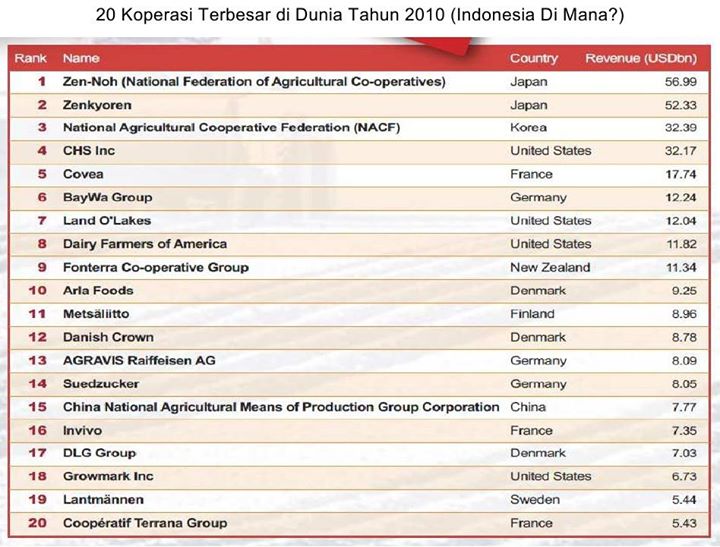
Mengharapkan Presiden RI 2014-2019 adalah orang yang memiliki KOMITMEN dan KONSEP SISTEMATIK dalam pembangunan pertanian Indonesia seperti di Korea Selatan!
http://www.fao.org/docrep/w7415e/w7415e0g.htm
Koperasi Pertanian (NACF) di Korea Selatan Menguasai dari Industri Hulu sampai Industri Hilir dalam Struktur Kesisteman Agricultural Lean Supply Chain Management.

Contoh Lean Supply Chain Management dalam Bidang Peternakan.
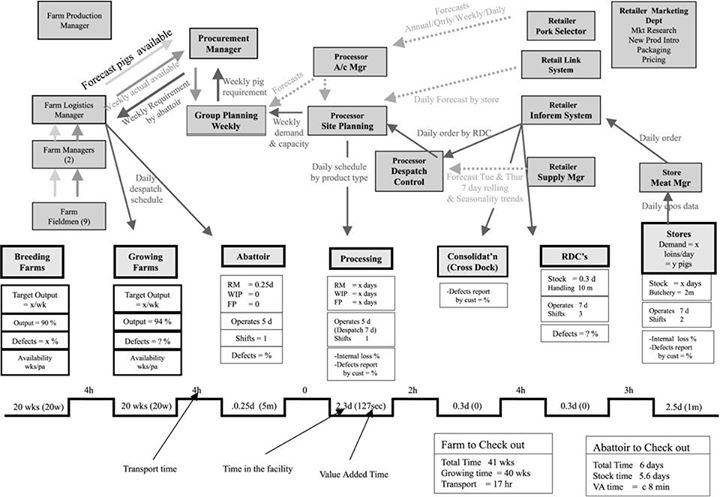
Sustainable Industrial Development in Indonesia Based on The Thought of Prof. Dr. Sumitro Djojohadikusumo
Continued from the previous article (Series 3)
Learn to Implement Article 33 of UUD/Constitution of 1945 from South Korea
The writing on this series (series 4-last) will examine the implementation strategy of Article 33 of 1945 Constitution using South Korea Case that has consistently and firmly implemented that Article 33 of 1945 Constitution, whereas Indonesia HASN’T implemented it because it keeps on only planning for it!
Indonesia’s Founding Fathers HAD BELIEVED, if Indonesia wanted to FLOURISH and RAPIDLY DEVELOP, then Indonesia’s economic system OUGHT TO implement Article 33 of 1945 Constitution. Unfortunately, the future generations beginning from the former President Soeharto and the subsequent presidents until 2014 are NOT CONSISTENT in implementing that Article 33 of 1945 Constitution. Will 2014-2019 President implement it CONSISTENTLY? Only God (Allah SWT) and the CHOSEN President on July 9th 2014 would KNOW! Wallahualam bissawab.
Prof. Dr. Sumitro Djojohadikusumo is someone who is CONSISTENT and OBEDIENT to 1945 Constitution, so that during his lifetime, he continuously CONVINCED everybody that Article 33 of 1945 Constitution OUGHT TO be implemented CONSISTENTLY with export-oriented industrialization strategy. Although “Anjing Menggonggong, Kafilah Tetap Berlalu/Dog Barks, Caravan Keeps Going By”, I KEEP CONSISTENTLY following the NOTION of The Late Prof. Dr. Sumitro Djojohadikusumo. Even if South Korea NEVER HAS 1945 Constitution, that nation HAD SUCCESSFULLY implemented it since 1950s following its independence from Japan. Their first step since 1950s was to massively implement “Land Reform”, then to build agricultural cooperative in 1961.
When hearing the word cooperative in South Korea, don’t imagine it like a cooperative in Indonesia that always have Mis-Management dan MIS-TRUST problems from the members of the cooperative due to its unprofessional management.
Agricultural cooperative in South Korea is called National Agricultural Cooperative Federation (NACF) and is built to support economic and industrial development of South Korea. Information about NACF can be found in the following website:
- http://en.wikipedia.org/wiki/National_Agricultural_Cooperative_Federation
- NACF Official Website: http://www.nonghyup.com/eng/main/main.aspx
The number of cooperatives in South Korea as of February 2012 was 1,167 units with the following details: Regional Cooperatives (968 buah); Agricultural Commodities Cooperatives for fruits (25 units), vegetables (17 units), and horticultures (3 units); Regional Livestock Cooperatives (118 units); Milk Cooperatives (13 units); Pork Cooperatives (7 units), Fowl Cooperatives (2 units); Apicultural Cooperative (1 unit); Rabbit and Deer Cooperative (1 unit); and Ginseng Commodity Cooperatives (12 units).
Furthermore, cooperatives in South Korea should not be imagined like Usaha Kecil Menengah/Small and medium enterprises (UKM) in Indonesia, because the revenues from those cooperatives exceed Indonesian conglomerates’.
As comparison, in 2010 (source: Global300 Report), NACF’s revenues were USD 32.39 Billions or equivalent to +/- Rp 382 Trillions ranked third in the world. NACF only lagged behind two Japanese cooperatives, which were: Ranked 1st in the world Zen-Noh (National Federation of Agricultural Cooperative) with 2010 revenues of USD 56.99 Billions (+/- Rp 672 Trillions) and 2nd in the world: Zenk-yoren with 2010 revenues of USD 52.33 Billions (+/- Rp 617 Trillions).
Compared to revenues of Indonesian conglomerate companies in 2010, which were: Astra International (Rp 130 Trillions), Telkom (Rp 68 Trillions), Bank Rakyat Indonesia (Rp 50 Trillions), HM Sampoerna (Rp 43.5 Trillions), Bank Mandiri (Rp 43 Trillions, Bumi Resources (Rp 39 Trillions), Indofood Sukses Makmur (Rp 38 Trillions), Gudang Garam (Rp 37.5 Trillions), United Tractors (Rp 37 Trillions), dan Bank Central Asia (Rp 28 Trillions).
If those Indonesian conglomerate companies are compared to South Korean conglomerate companies, it is like comparing a flyweight boxer (Indonesia) with a heavyweight boxer (South Korea). Revenues of Samsung Electronics and LG Electronics (two South Korean giants) in 2010 were: Samsung Electronics’ were about USD 134 Billions (+/- Rp 1,581 Trillions) and LG Electronics’ were about USD 55 Billions (+/- Rp 649 Trillions). Compared those with Indonesia’s foreign exchange reserves as of February 2014, which were only about USD 103 Billions (+/- Rp 1,215 Trillions) and Indonesia’s total oil and non-oil exports in 2010 which were only about USD 158 Billions (+/- Rp 1,864 Trillions). Just look at Indonesia’s total exports (oil + non-oil) in 2010, which is lower than the revenues of two South Korea’s biggest companies (Samsung & LG). The value of Rupiah (Rp) when compared to Won’s (Kr.Won), is also like comparing a flyweight boxer (Rp) to a heavyweight boxer (Kr.Won).
Government’s attention towards cooperatives in Korea is VERY HIGH, because those cooperatives give significant contribution to the economic development and the equitable income distribution of South Koreans. Compared that to the national government’s attention towards cooperatives in Indonesia. It is like the earth and the sky. It can be briefly said that the strategy of increasing and equalizing income distribution for South Koreans are done through cooperatives that manage their business within SYSTEMATIC industrial management: Lean Supply Chain Management. If the agricultural distribution system in Indonesia still maintains traditional system with long line of distribution chain, which involves: Farmers (Producers) – Traders (Middlemen) – Shippers (Middlemen) – Wholesalers – Retailers – Consumers; then in South Korea, through cooperatives, they have shorten the distribution chain following Lean Supply Chain Management, which includes: Farmers (Producer Farmer Cooperative) – Agriculture Proccesing Centers (agricultural cooperatives) – Agriculture Marketing Complexes (Supermarkets owned by agricultural cooperative) – Consumers. Agricultural Lean Supply Chain Management in South Korea, that is implemented through agricultural cooperatives beginning from the rural to urban areas, has improved the welfare of the farmers and the labors involved from the upstream to downstream industrial sector. As a matter of fact, this cooperative system in South Korea that is in accordance with Article 33 1945 Constitutions ARE STILL planned out in Indonesia; BUT had been implemented in South Korea.
Saemaul Movement (New Community Movement) in South Korea
Saemaul consists of “Sae” and “Maul”, which are combination from two Korean words that mean: Sae (New or Renewal) and Maul (Community), which altogether mean New Community or Renewed Community. The New Community Movement in South Korea was introduced on April 22nd, 1970 by South Korean President Park Chung Hee, and is still being implemented until now 2014. Initially this New Community Movement (NCM) in South Korea was meant to modernize South Korea’s rural economy based on self-governance through rural cooperatives (similar to Koperasi Unit Desa/Village Unit Cooperatives-KUD in Indonesia).
NCM tried to improve berusaha untuk memperbaiki the gap of living standard between the urban areas, which quickly developed due to export-oriented industrialization strategy, and small rural villages, which continually were mired in poverty. This collaboration through rural cooperatives continuously push the community members especially in the rural (and urban) areas to participate in the process of economic and industrial development of South Korea. The early stage of NCM was focused on the improvement of basic living conditions and improvement through various projects concentrating on the rural infrastructure development in order to increase the rural incomes.
NCM has been adopted by UN as one of the MOST EFFICIENT rural development models in the world. Economic Commision for Africa (ECA) decided to pick NCM as the fundamental model for SMART (Sustainable Modernization of Agriculture and Rural Transformation) in 2008. Moreover, NCM has been exported to more than 70 countries to share the experience of rural development all over the world. Indonesia HASN’T BEEN willing to import this NCM, because believing that Article 33 of 1945 Constitution genuinely belongs to Indonesia, and keeps planning it out through various seminars, trainings, meetings, symposiums, etc. in order to implement it some day; in other words, it is still NATO (No Action Talk Only) NOT AFTA (Action First Talk After)!
NCM is built based on 5 stages. If you’re interested to know how the working mechanism of NCM, feel free to contact me; because I have the expertise related to management and industrial systems.
Combination between export-oriented industrialization strategy and NCM is the implementation of Article 33 of 1945 Constitution, which will bring Indonesia and its people towards the sky of welfare, NOT ONLY settled on earth. Indonesia’s takeoff target by former President Soeharto was REPELITA VI, HOWEVER the plane blew up in 1998, and since then, Indonesia lost direction on how and where should Indonesia’s future development go. Especially, if there is a government’s COMMITMENT to implement Good Government Governance following International ISO 9001:2015 Standard that have been designed by me like the attached chart.
Best Regards for SUCCESS!
— End (VG)
By: Vincent Gaspersz,
Profesor of Management and Industrial Systems and a Lean Six Sigma Master Black Belt.
Wrote Doctoral Dissertation in ITB (1991) about The Linkage Between Industrial Structure and Productivity in Indonesia (Study of Economic and Industrial Systems Development in Indonesia Period 1967-1987)
South Korea’s National Agricultural Cooperative Federation Acquired Tapioca Processing Plant in Indonesia.
http://www.koreaittimes.com/story/36479/nacf-acquire-indonesian-tapioca-processing-plant
South Korea’s National Agricultural Cooperative Federation Acquired Fertilizer Plant.
http://www.icis.com/resources/news/1998/08/11/64047/s-korea-s-nacf-acquires-namhae-chem/
South Korea’s National Agricultural Cooperative Federation ranks 3rd on Top 20 Cooperatives in The World. In the upcoming Presidential-Vice-presidential debate on Sunday, June 15, 2014 about Indonesian Economy, topics on Article 33 of 1945 Constitution, Cooperatives, Increasing Farmers’ Income and Welfare, etc., would DEFINITELY be alluded; but they would only be confined to planning and more planning! Indonesia, oooh Indonesia!

Hoping that Indonesian President 2014-2019 would be someone who has COMMITMENT and SYSTEMATIC CONCEPT in Indonesian agricultural development like in South Korea!
http://www.fao.org/docrep/w7415e/w7415e0g.htm
South Korea’s NACF Dominates Upstream to Downstream Industries in Systematic Structure of Agricultural Lean Supply Chain Management.

An example of Lean Supply Chain Management in Livestock Industry.

